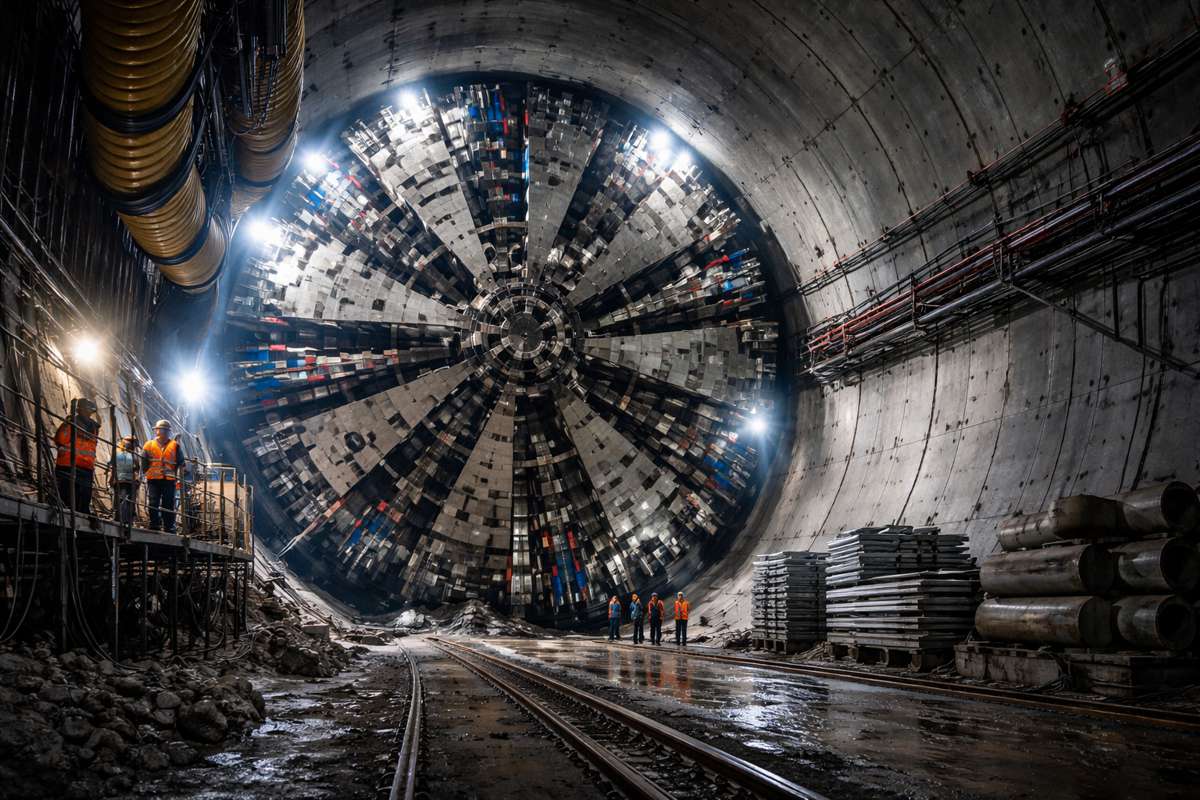Issues facing the UK’s road and infrastructure networks
The UK’s road and infrastructure network is in constant need of upkeep and traditional remediation methods are often too slow to keep our networks running in a timely, cost-efficient manner.
This ultimately leads to much public frustration and loss of confidence in our Government’s ability to, quite literally, take us where we want to go. Mainmark’s Technical Sales Engineer, David Hedley BEng (Hons), discusses below the key issues currently facing UK infrastructure.
Whilst we would all like users to feel comfortable and safe using our country’s infrastructure, from motorways to airports, it is no small job to ensure this is the case. Through collaboration and innovation, there is no reason why we shouldn’t be able to find long-term solutions to the problems at hand; to rebuild and sustain the public’s trust in our infrastructure networks.
Maintaining roads and other infrastructure networks – such as railways, ports, airports and bridges – and ensuring that they are durable enough to stand the test of time is no small task. From increased dynamic loads and harsh weather conditions to ground subsidence and settlement, there are plenty of factors that can affect the structural integrity of the systems we rely on every day.
These causes can all lead to a wide variety of issues that, in-turn, require effort and expertise to overcome. There are five key issues facing our country’s infrastructure, and solving them is vital to keep the UK’s road and infrastructure networks safe, stable and sustainable.
1. Structural foundation damage
“It might seem obvious, but one of the biggest issues facing our road and infrastructure systems is the ongoing deterioration and damage to their foundations. Over 40% of the local road network in the UK is classed as AMBER or RED by the Asphalt Industry Association (AIA), meaning they require maintenance within the next year.
“At their current state, however, it is estimated that it would take up to 14 years to return all local roads in the UK to a stable condition. This might take the form of fixing cracked pavements, stabilising uneven ground or repairing leaking concrete road slab joints, to name just a few. These often tend to be the symptoms of more complex, underlying causes that require attention and remediation at the root.”
2. Increased maintenance costs
“When faced with problems like un-level or unstable ground, those responsible for the maintenance of our road and infrastructure networks in the UK often face worryingly high costs for repair. Recent reports suggest a backlog of repair works worth £11 billion currently exists across the UK.
“Even so, the Government budget for tackling road repairs over the next five years sits at just £2.5 million. It is an unfortunate truth that most traditional methods of remediating subsidence and settlement tend to be very expensive and thus create an additional hurdle to solving these issues.”
3. Increased accidents
“When roads and other infrastructure needs repair, the risk of accidents, and other safety issues occurring, tend to increase exponentially. In a worst-case scenario, ground instability, potholes and even sink holes can lead to serious damage or injury.
“These are some of the most serious issues caused by foundation ground deterioration and the most in most urgent need of a sustainable solution.”
4. Disruptions to daily operations
“A bothersome side-effect of carrying out the works necessary to remediate structural damage that has affected roads and other infrastructure, for example bridges and culverts, is that most traditional methods are both time-consuming and cause mess.
“More often than not, they lead to disruptions in the day-to-day operations of the network and can be a huge burden on the transportation system, such as when roads need to be re-routed. Inefficient travel and more time spent in traffic not only affects our daily lives but also has an impact on the economy.”
5. Losing public trust
“It is sadly common for the general public to lose trust in the widespread road and infrastructure systems they use every day.
“By using traditional repair and remediation methods for roads, railways ports and bridges, the process is often costly, causing greater delays and disruptions.”





























